Good Samaritans: Community kitchens offering food, hope to displaced Lebanese
By Hiba Morad
Julia was killed by the Israeli occupation forces while she was assisting those displaced by the war. In her death, she became an inspiration for many to take action and support the community during and after the war.
Julia was a bright school student who, like many others, looked for a safe place amid the recent Israeli war on Lebanon, which ended with a ceasefire and the defeat of the Zionist entity last week.
She was displaced from the capital Beirut to Saida, hoping to find refuge with her family. Despite their own personal challenges and difficulties, Julia and her mother committed themselves to assisting displaced families by preparing nutritious meals for them and providing other support.
On September 29, Julia made her final post on Instagram, appealing for assistance for displaced people and demonstrating her unwavering commitment to helping others.
Tragically, soon after, both Julia and her mother were killed in a bombardment of their village in Saida.
In her honor, Julia's friends—students from various Lebanese universities—have formed a group called "Julia's Friends", vowing to carry forward their martyred friend's mission of helping those affected by the war with renewed resilience and determination
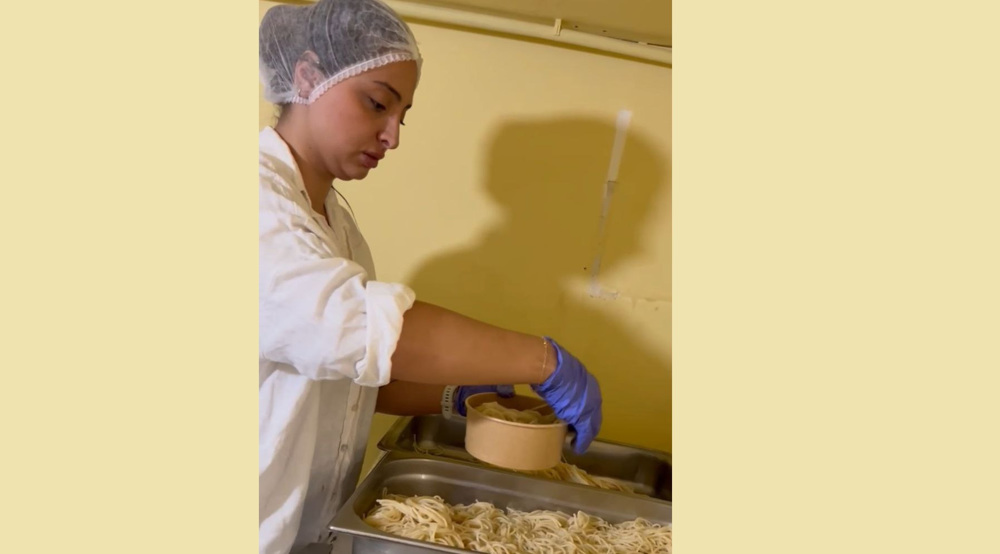
A spirit of generosity and resilience
Farah Fakih, a 33-year-old freelance graphic designer from south Lebanon currently living in Beirut told the Press TV website that 'Julia’s Friends' is a collective of individuals who were friends even before the Israeli regime launched its fresh aggression against their country in late September.
“The activism group ‘Julia’s Friends’ was formed in honor of Julia, who was a close friend to many in our community. She embodied the spirit of generosity and resilience, inspiring us all to take action and support those in need," Fakih stated.
"Tragically, Julia is no longer with us. She was killed by Israeli forces while assisting others in Saida. Nevertheless, her values, courage, and compassion continue to guide our efforts."
She said the ongoing humanitarian crisis in the Arab country, triggered by the Israeli bombings on civilian areas, prompted them to come forward and support those in need.
"The number of displaced individuals was staggering, and it became evident that the government could not manage the situation alone, so we chose to step in and offer our help,” Fakih noted.
“Despite having our own jobs, we dedicate our free time to gathering and distributing essentials to those in need. We raise funds through GoFundMe, a trusted fundraising platform, and receive donations of money, clothing, food, diapers, and other necessities from our supporters.”
Julia, described by some of her friends on social media as a passionate Juventus fan, an Italian Serie A football club based in Turin, was known for her generosity and eagerness to help others.
In her last social media post, Julia sought assistance to provide aid for a displaced family of 18 members in the city of Saida. However, she was killed along with 45 others in a building where she had sought refuge with her family. More than 70 others were injured in the attack.
“Following the strike, Julia’s best friend, Samer, who is also a volunteer member of ‘Julia’s Friends,’ received the news. He called her brother, who was trapped under the rubble along with Julia and their mother. Julia’s brother survived the Israeli aggression but sustained injuries, while his sister and mother were martyred,” Fakih told the Press TV website.
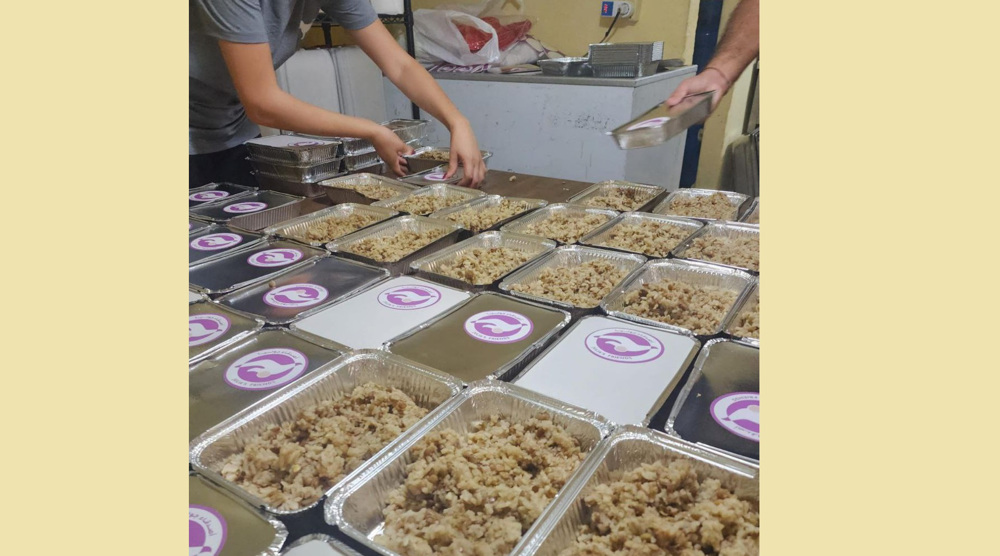
Post-war phase: ongoing activism
The main group in Julia's Friends comprises approximately 15 members, most of them from southern Lebanon and the Bekaa region. They continue to assist civilians, including both the displaced people and those who need to repair their damaged homes.
"Even though a ceasefire has been declared, tens of thousands of housing units and homes have been completely destroyed due to the indiscriminate bombardment by Israel. As a result, many people are forced to remain displaced or set up tents on the rubble until they can rebuild their homes," Fakih said.
A significant number of homes have broken doors and windows, caved-in roofs, missing walls, and shrapnel scattered throughout the interiors as a result of bombings that lasted over two months.
Some housing units may take five to six days to become livable again, while others could require months for repairs, locals told the Press TV website.
“We will not stop what we are doing until we are sure everyone is back home and has access to everything they need,” Fakih added, noting that this activism will be sustained.
Defying the shadow of danger
On whether they were afraid of being targeted by Israel before the ceasefire was declared, Fakih said the grim reality is that all Lebanese, irrespective of their age and gender, are "potential targets."
“Are we afraid of being targeted by Israel? No. The truth is, we are all targets. To Israel, there are no safe zones in Lebanon—no homes, no streets, no workplaces, and no schools are spared," she said.
The activist stated that during the Israeli war on Lebanon, which lasted nearly 70 days and claimed more than 4,000 innocent lives, everyone lived under the constant shadow of danger."
"That only strengthened our commitment to stand together, to help those who need us most, and to prove that solidarity and humanity can thrive even in the face of unimaginable adversity," she noted.
Israeli warplanes systematically targeted and destroyed buildings across the country, including in the capital Beirut, resulting in the deaths and injuries of thousands of Lebanese civilians.
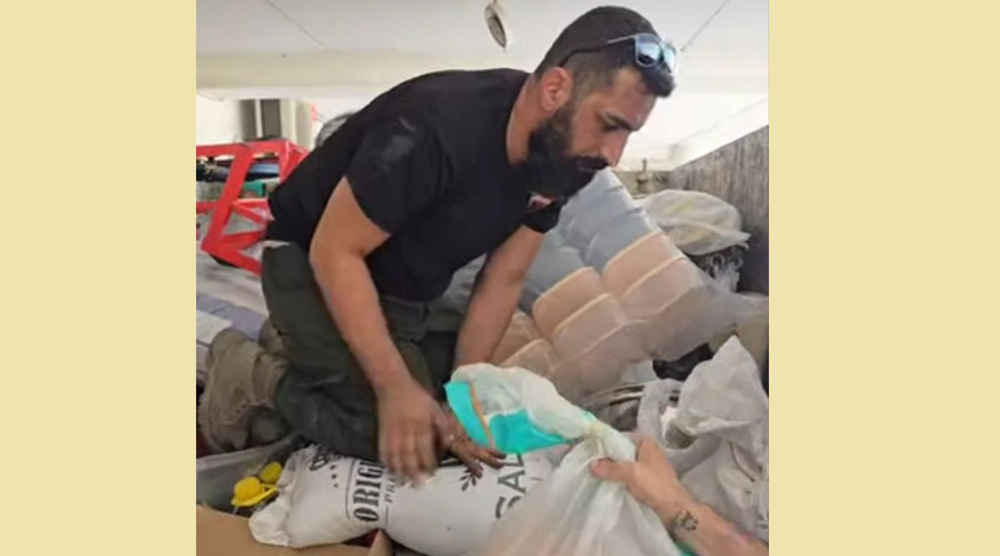
Fostering a sense of community, empowerment
Other volunteers have also followed the example set by Julia’s friends, aiming to support their communities and fellow displaced Lebanese brothers and sisters.
These groups are actively working to ensure that people who need time to return home or are in the process of repairing their homes have the essential resources amid the dire conditions.
Farah Atwi told the Press TV website that a total of nine kitchen facilities have been established in the capital Beirut, Tripoli, and Akkar regions to serve more than eight thousand displaced individuals.
While some of these people have returned to their hometowns, many others remain stranded until their residency issues are resolved.
“Navigating the challenges that Lebanon faces, I believe my role extends beyond merely being the voice of the people, although that is undeniably important," said Atwi, a journalist and fashion designer.
“When the Israeli aggression against Lebanon started, we all felt a profound responsibility to assist those in need, particularly those who were forced to flee their homes and had nowhere to stay; some of them were compelled to sleep on the streets."
Atwi said many of the displaced individuals volunteered to work in the makeshift kitchens. They received intensive training in a short period and displayed remarkable enthusiasm to assist, despite the challenging circumstances and personal issues they faced.
“This is how we foster a sense of community and empowerment during challenging times like these,” she told the Press TV website.
These kitchens continue to operate, serving the community until the last person safely returns to his home, Atwi said, adding that these kitchens will become part of a large foundation dedicated to community service, providing assistance throughout the year, not just during times of crisis.
A piggy bank and a community of resilience
Even in the small towns of the Bekaa Valley, a strong spirit of community dedicated to caring for others and assisting those in need has been evident in recent weeks.
In one of the small villages in the Bekaa Valley, Hussein Yassin, a pharmacist, told the Press TV website that his primary concern was to assist the approximately two thousand residents who remained in the village during the war and refused to leave.
With the assistance of other volunteers from the town and contributions from expatriates who donated funds to purchase food and other necessities, they were able to establish a support line and system to ensure that the essential needs of those who remained under Israeli fire were met, Yassins stated.
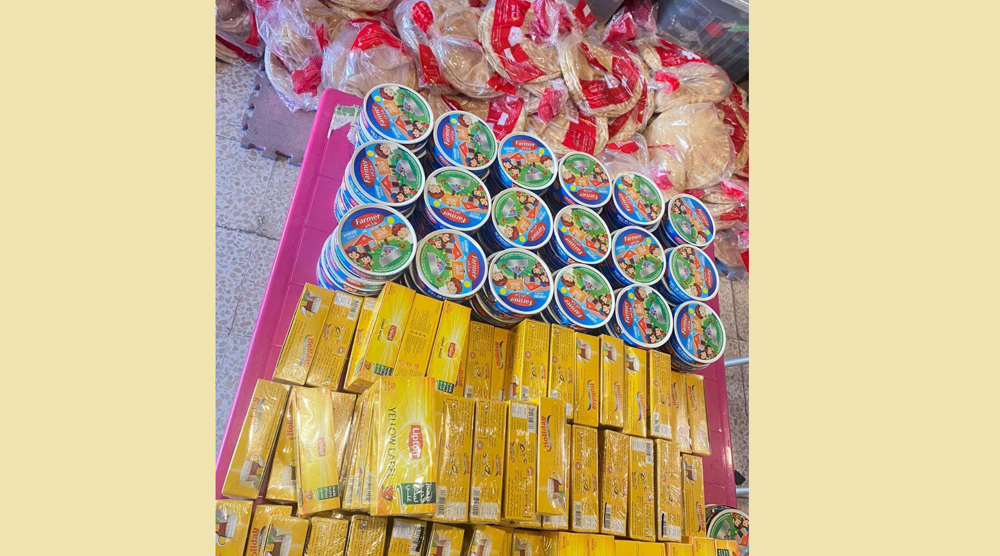
“At the beginning, I was using my own money to provide people with bread, cheese, tea, and vegetables. Then my son contributed his piggy bank, expressing his desire to support our community. The activity quickly expanded with the support of the people,” Yassin told the Press TV website.
Yassin took his children, wife, and parents to a safe location before returning to support the people of his town. Although the war is over, Yassin and the volunteers continue to assist the community.
According to the pharmacist, "Every grain of sand in this land is worth fighting for."
Yassin said all essential needs are being met, including medication, and have been put in a place in places everybody could easily reach, describing it as "a sense of responsibility, empathy, and unity."
“We will remain active, and we will continue to support our community until everyone has recovered. This is the essence of the resistance: they are a community of care, love, and resilience in the face of bombs, death, Israeli brutality, and destruction,” he told the Press TV website.
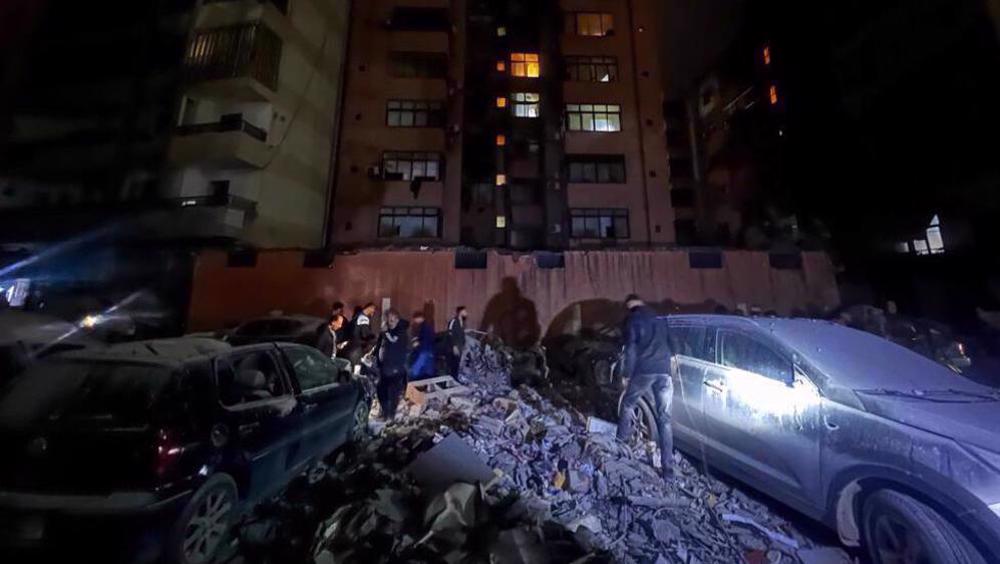
Iran condemns Israel’s continued aggression against Lebanon
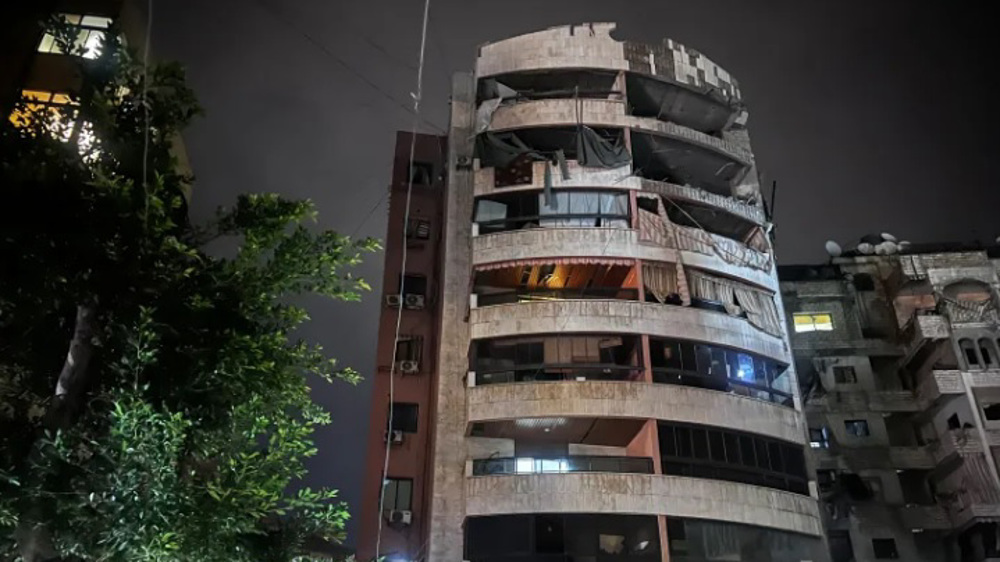
At least four killed in new Israeli aggression on Beirut despite truce
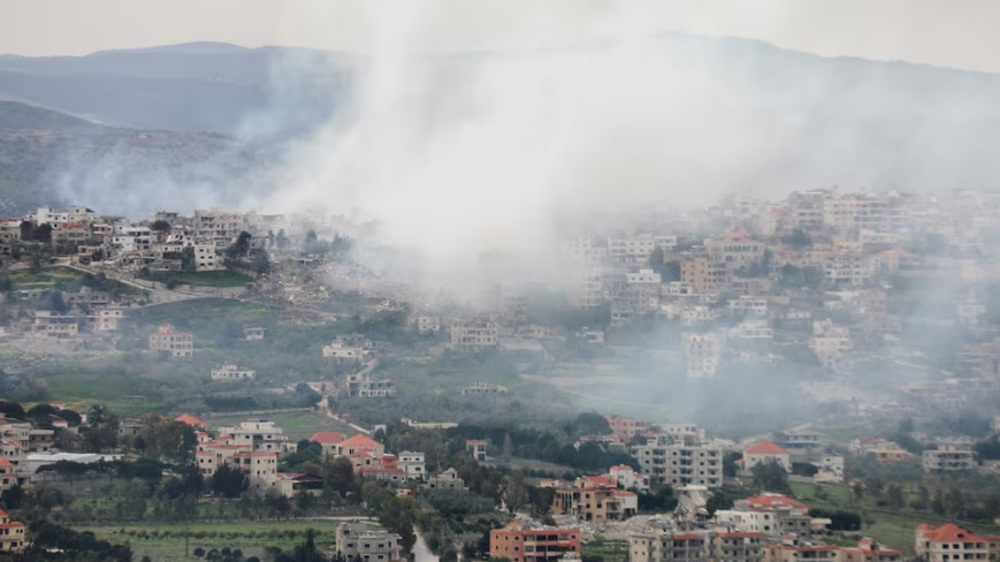
Israeli military targets two buildings in southern Lebanon in violation of ceasefire
Iran condemns Israel’s continued aggression against Lebanon
VIDEO | Iran Islamic Republic day
Yemeni forces attack US aircraft carrier with cruise missiles, drones
Germany set to deport four foreign pro-Palestine protesters
VIDEO | No more bakeries working in Gaza as Israeli blockade shuts down all entries to territory
Hind Rajab Foundation to file legal action ahead of Netanyahu’s planned trip to Hungary
VIDEO | Iran marks Islamic Republic anniversary
Russia warns of ‘catastrophic’ consequences if US attacks Iran


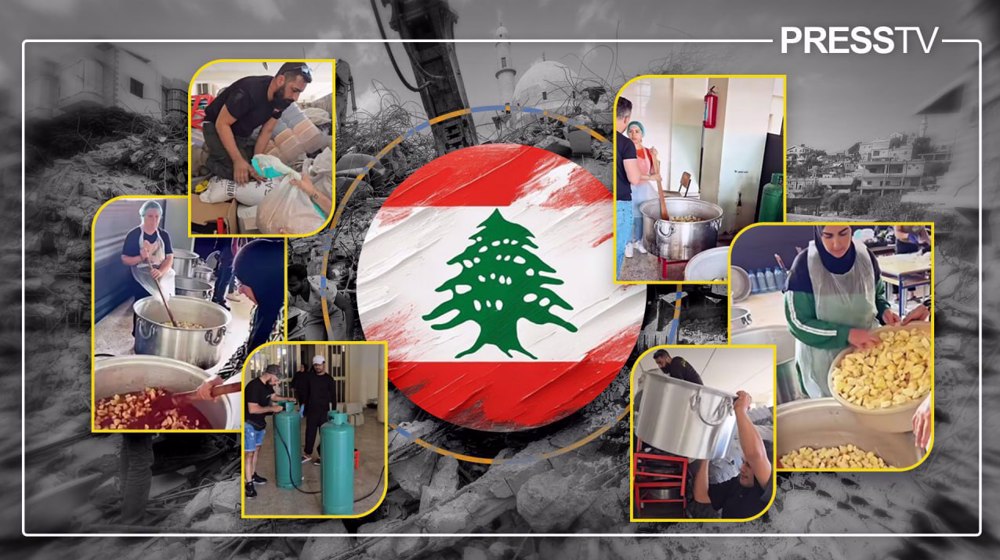



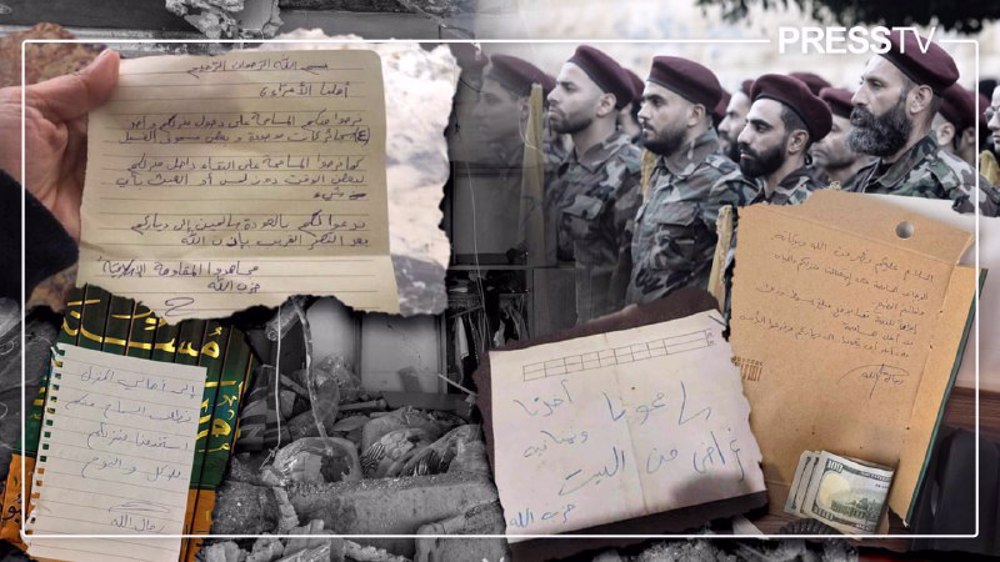
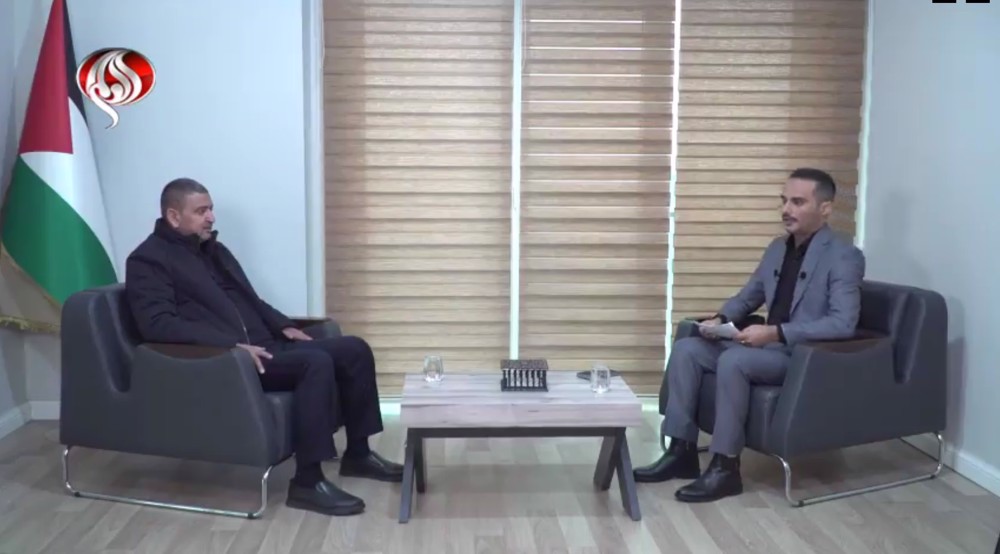
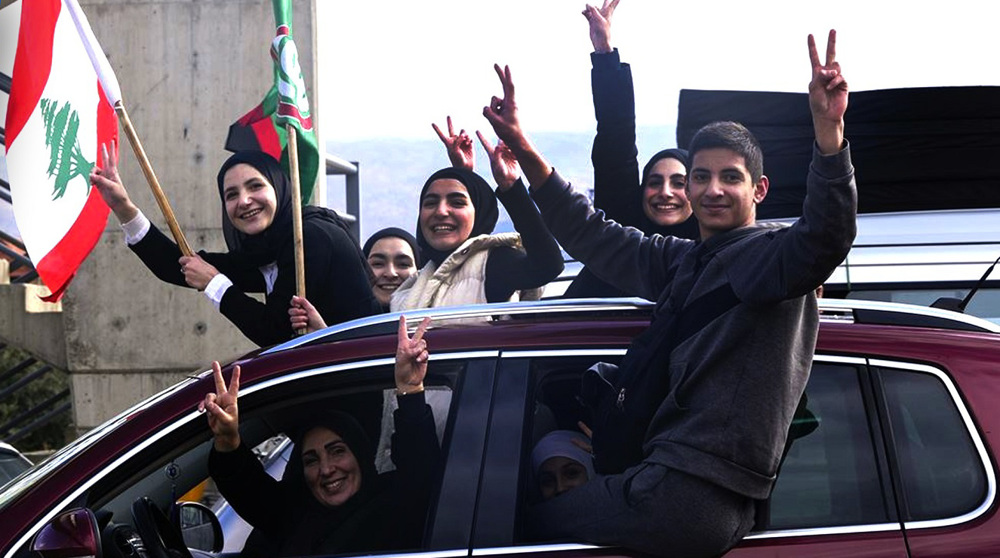
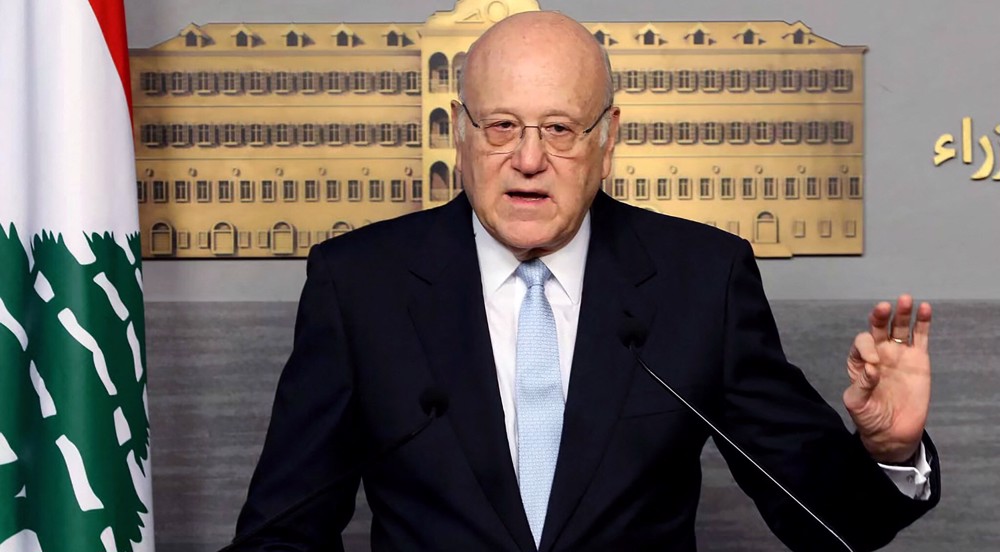
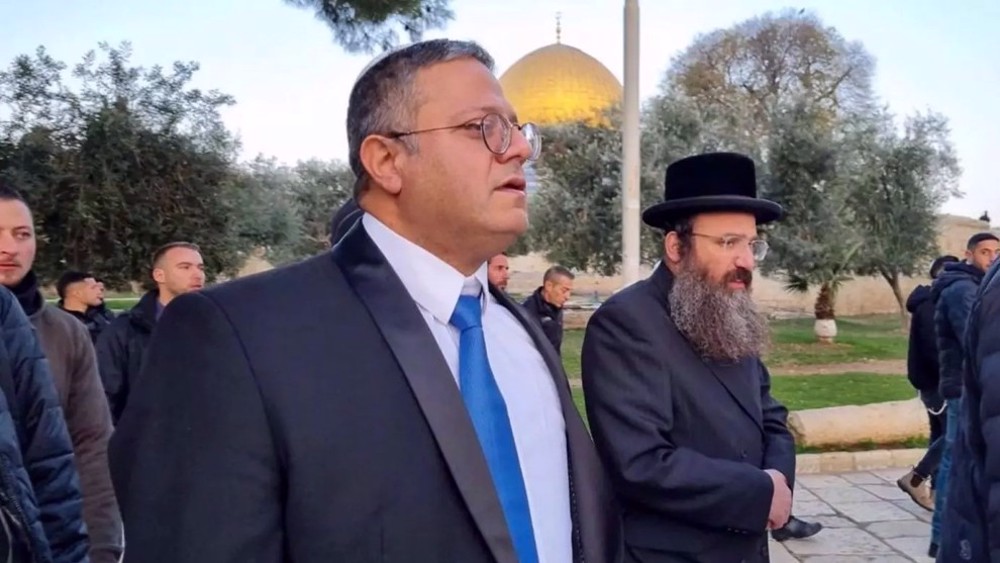

 This makes it easy to access the Press TV website
This makes it easy to access the Press TV website